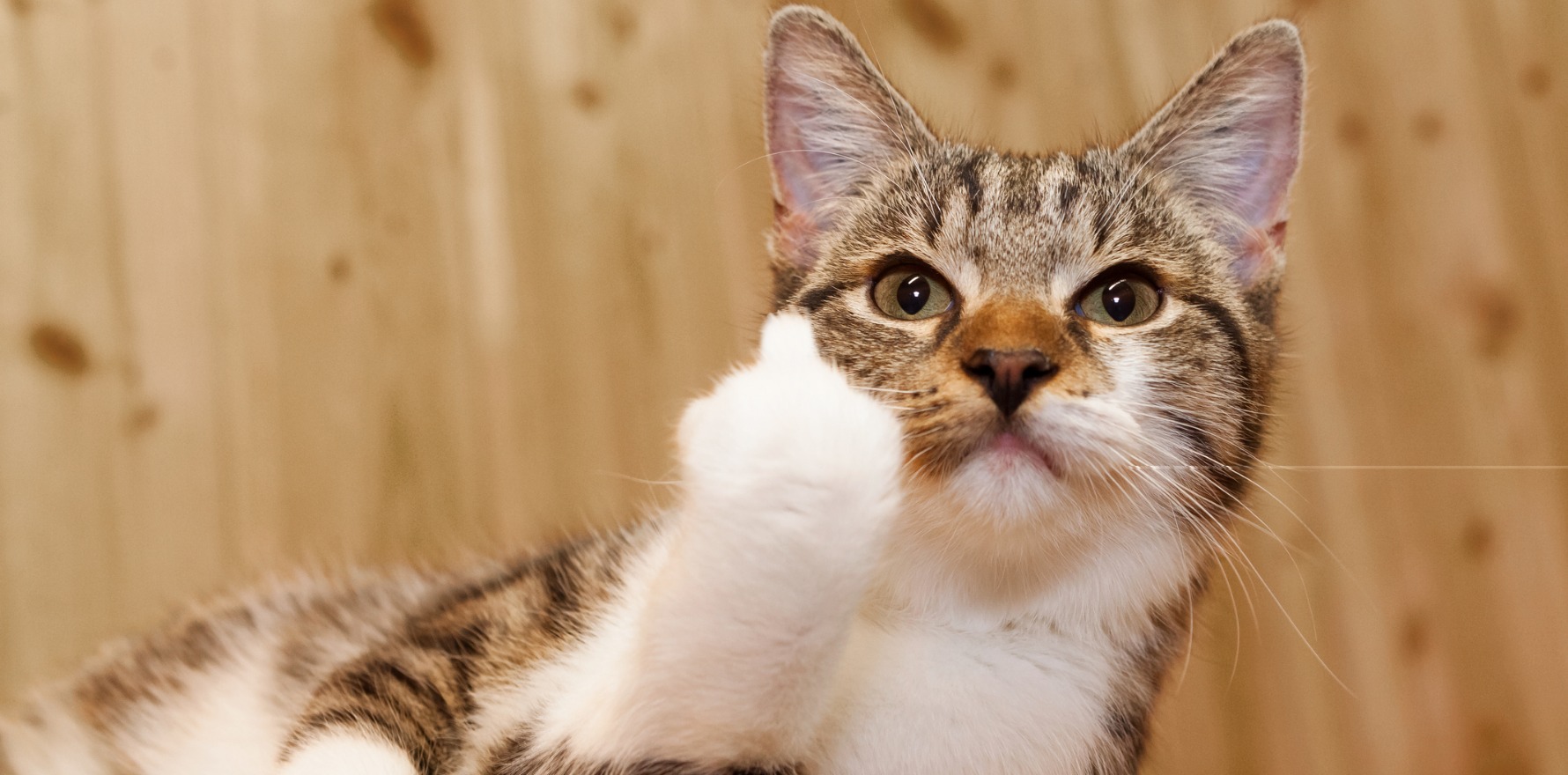A cancer survivor has chosen to celebrate his good fortune in his own way, though not everyone has taken to it in as eager a fashion.
If you are lucky enough to make it through the minefield that is cancer treatment, I believe it is your responsibility to celebrate crossing that finish line. And not just once, but for the rest of your life.
After 10 months of active chemo for acute lymphoblastic leukaemia, I was ready to celebrate, and I chose the first anniversary of my diagnosis as my desired date.
With my dark humour at full tilt, I dubbed it Didn’t Die Day, which of course raised some eyebrows. My plan back then was simple: we would celebrate the worst day of my life as a one-off gimmick, and then I would flick off the hold switch on my life and get going.
But as I sat in a dingy pub with my friends and family, I thought to myself that maybe I was on to something. Suddenly I didn’t want it to be a one-off event.
So every year since that day (covid permitting), for the past five years I have gathered all those friends and family who supported me through my life-changing experience, as well as the new friends that I have collected along the way. The occasion usually takes place in a bar or pub, but I have learnt that it could be anywhere, as long as you are surrounded by the people you love.
There are no real formalities or structure to the event other than one simple tradition: the cancer patient whose party it is leads a toast by yelling “F%^k you, cancer”. It seems silly but it is a great feeling hearing everyone in the room yell that phrase.
I won’t lie, though. Didn’t Die Day hasn’t been embraced by all my loved ones with same gusto I have demonstrated. The first one was probably the hardest for some, especially my parents. Which is no real surprise, considering they faced some very dark days in the months after my diagnosis. It was still too raw for them to attend my inaugural event.
However, they have seen how happy it makes me, and how determined I am to celebrate being alive. I am not certain that both are completely comfortable with the idea but over time they have warmed to the concept. I don’t think they view the annual celebration through the same lens as I do, yet. But as the years go by and they lose that fear that has followed them for so long, then perhaps theirs will be the loudest voice in the bar when it comes time for the “F%^k you, cancer” toast.
In the meantime, I am attempting to take the concept a step further, as it has become my favourite day of every year. I promote the idea to other young cancer patients. My closest cancer counterpart has also followed suit and integrated Didn’t Die Day into her birthday.
We both attend each other’s celebrations; after all, two parties are better than one. I hope the idea makes it to a few more cancer patients as I believe it is a good way to put a positive spin on a difficult day. If any oncologist, haematologist, nurse or any other health care professional wants to suggest the event to a cancer patient, I would highly recommend it.
Which brings me to my experience with the medical profession, and happily it is also something to celebrate. My haematologist was ideal – he was matter of fact and didn’t mince his words, yet never came off as cold. He never made promises he couldn’t keep even though I tried to persuade him a few times. While this was upsetting at the time, on reflection, he mitigated many ups and downs of treatment.
And there were plenty of highs and lows with the rollercoaster of cancer treatment. For example, I didn’t need a doctor keeping me in hospital when they had promised I could be discharged. Fortunately for me that never happened, but I know from talking to others they aren’t always so lucky.
Then there were the nurses – a team of very compassionate professionals who were excellent at handling my nurse mother and keeping us informed and as comfortable as possible.
If I had one small piece of advice for an oncologist, haematologist or any health care professional involved in the field, it would be to help prepare their patients for life post-cancer. I would like to have been warned about the difficulties of life after treatment and maybe offered some strategies for how to manage these challenges.
Cancer treatment is hard, but that is common knowledge. The less-known reality is that returning to life after treatment is just as difficult. As a 20-something guy, I felt the expectation that I would jump straight back into university and work life with relative ease.
Even I thought it was a reasonable expectation. I had won the battle and it was time to resume my life. But I am no longer the same person, and I still struggle daily to push myself as hard as I once did. I was very naive to think it would be all smooth sailing, but it was far from the case.
Despite this, I am now well. I am healthy and keeping the cancer’s parting side effects at bay. I have learnt to pace myself and, and to accept that slow going doesn’t mean I am not moving forward.
As long as those feet keep moving in front of me, one after the other, I am moving forward. Who knows what’s around the corner for me, but I do know with absolute certainty that every year, on the date of my diagnosis, my friends and family will raise a glass and say “F%^k you, cancer”.
Because I didn’t die.


